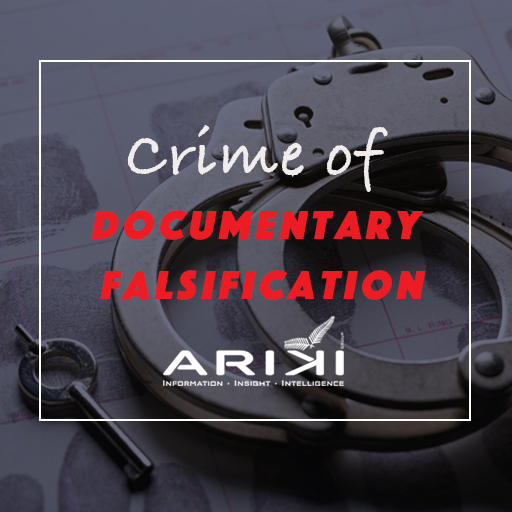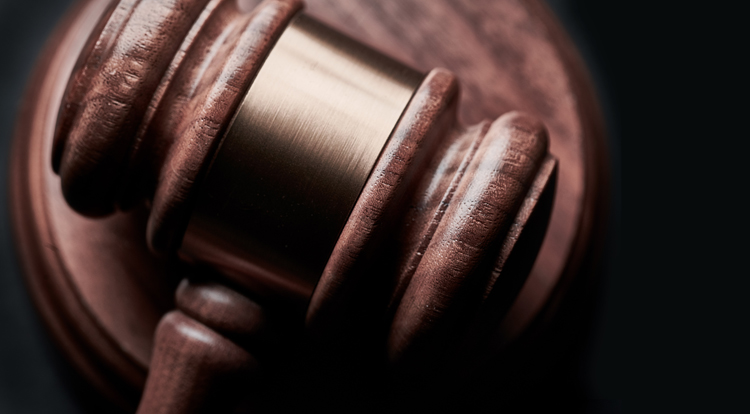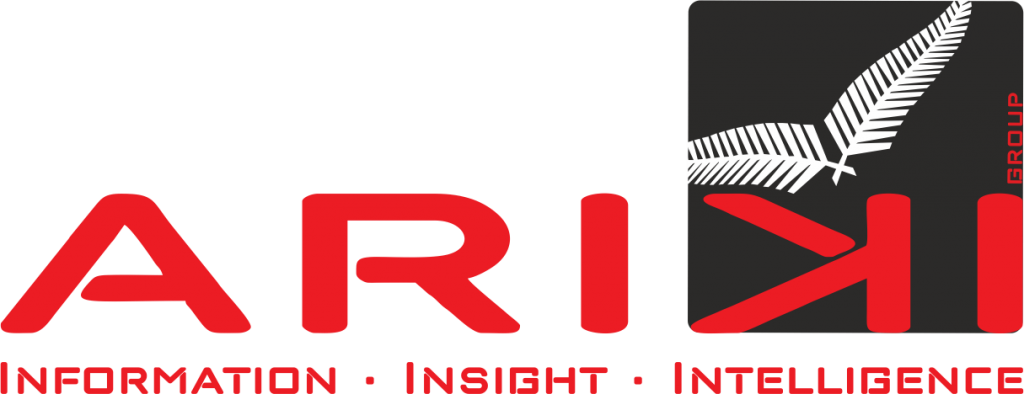
In general, when it comes to fraud perpetrated with the use of counterfeit documents, it is thought that the final victim of the fraud is the one who is harmed.
In the first instance it is so, of course.
But if you continue reading, some real-life cases will let you understand how a company or entity that has suffered document fraud can go from being a victim to being an accomplice in criminal activities.
First real case:
A financial institution I work for decides to make a loan to a customer. During the Know Your Client (KYC) process of personal identification and verification of the client's identity, the subject was recorded in the system with a forged document.
After this, the same person does not pay-off his debit. In this case, the company will be the one to suffer financial loss. Only in this initial phase, though.
Financial institutions (banks and consumer credit companies) and Telcos, like all other economic activities, aim to increase wealth and reduce losses. The losses due to fraud or other economic factors of another nature vary statistically between 1.8 and 4.5% of total turnover.
One way to cover these losses is that to increase the costs of its services to all customers during the following year.
So, the victims are no longer the financial institutions and Telcos, in fact the victims are their honest customers. This occurs because losses incurred by companies are "generously" redistributed among customers who rely on their services and pay diligently.
A strange way of thanking customers who have shown their loyalty to the organization year after year, don’t you think?
Unfortunately, this damage is not the worst one that the counterfeit documents can do.
Today, it is widely accepted that document falsification is one of the means that has been used more often to obtain quick and low-risk profits that allow to finance other criminal activities such as money laundering, terrorist financing and illegal immigration.
Is there more to know?
Another 2 real cases that we cannot forget to mention:
The case of the terrorists who in 2017 attacked Barcelona. These criminals managed to obtain financial and logistical means through the use of counterfeit documents and killed 16 people while injuring other 150.
In the same year, a Tunisian citizen (who at the time was indicted in an EU country for financing Islamic terrorism) realized how extraordinarily easy it could be to get his hands-on forged ID documents and thus to obtain the money needed to finance ISIS.
After obtaining a fake ID and Drivers’ License together with some cloned credit cards, in less than 15 months, he rented more than 30 medium as well as high-end vehicles from different rental companies in several EU Countries and shipped them to Tunisia to be subsequently handed over to DAESH in Libya.
This case resulted in an economic damage of over 1.5 million euros, caused by an initial investment of less than 8,000 euros in document forgery. In other words, it achieved an annual return of around 15,000%.
All he had to do was to show up at rental company’s counter, show his credit cards with the forged documents and get rent a car worth over 50,000 euros that was at his disposal in the parking lot.
This alleged criminal had been doing the same thing for two years.

If the first time he committed this crime, the fake documents would have been checked by a counterfeit document verification system, this would have been enough to detect the fraud and avoid the enormous damage caused.
Perhaps it would have prevented this alleged criminal to take out also the first vehicle.
And in this case, this person would have not carried out the same fraud over and over for nearly two years.
Are Companies victims or accomplices of ID counterfeiting?
Whatever answer a company can give to this question could determine the measures it could take to prevent money laundering and to fight terrorism financing in the future.
As long as Companies think to be the “end victims” (or they are considered like that) of document counterfeiting, in many cases all economic activities could continue as usual without the adoption of the anti-fraud measures required by law.
The truth is that one of the main problems private companies in the financial sector face is complying with the "V EC Directive" (or law on the prevention of money laundering and terrorist financing) which requires in-depth customers’ identity checks.
What would happen if a judge ruled out that the lack of a reliable document verification process during KYC by a company makes it an accomplice in the crime?
Who will shield all these Companies from possible "class action" and multimillion-dollar pay-outs to the real victims?
Moreover, deciding not to take anti-fraud measures at any given time can mean that you are actually helping criminals or terrorists to commit crimes, even without being aware of it.
For this reason, failure to comply with the "V EC Directive" or failure to take precautionary measures with respect to customers’ real identity can be devastating for any Company.



